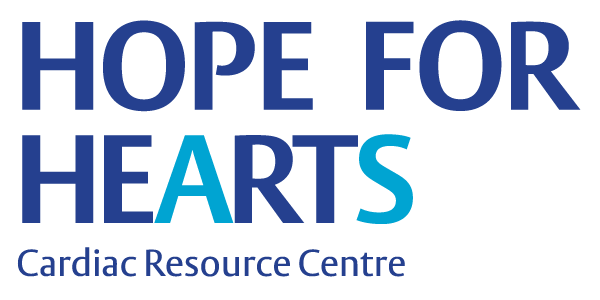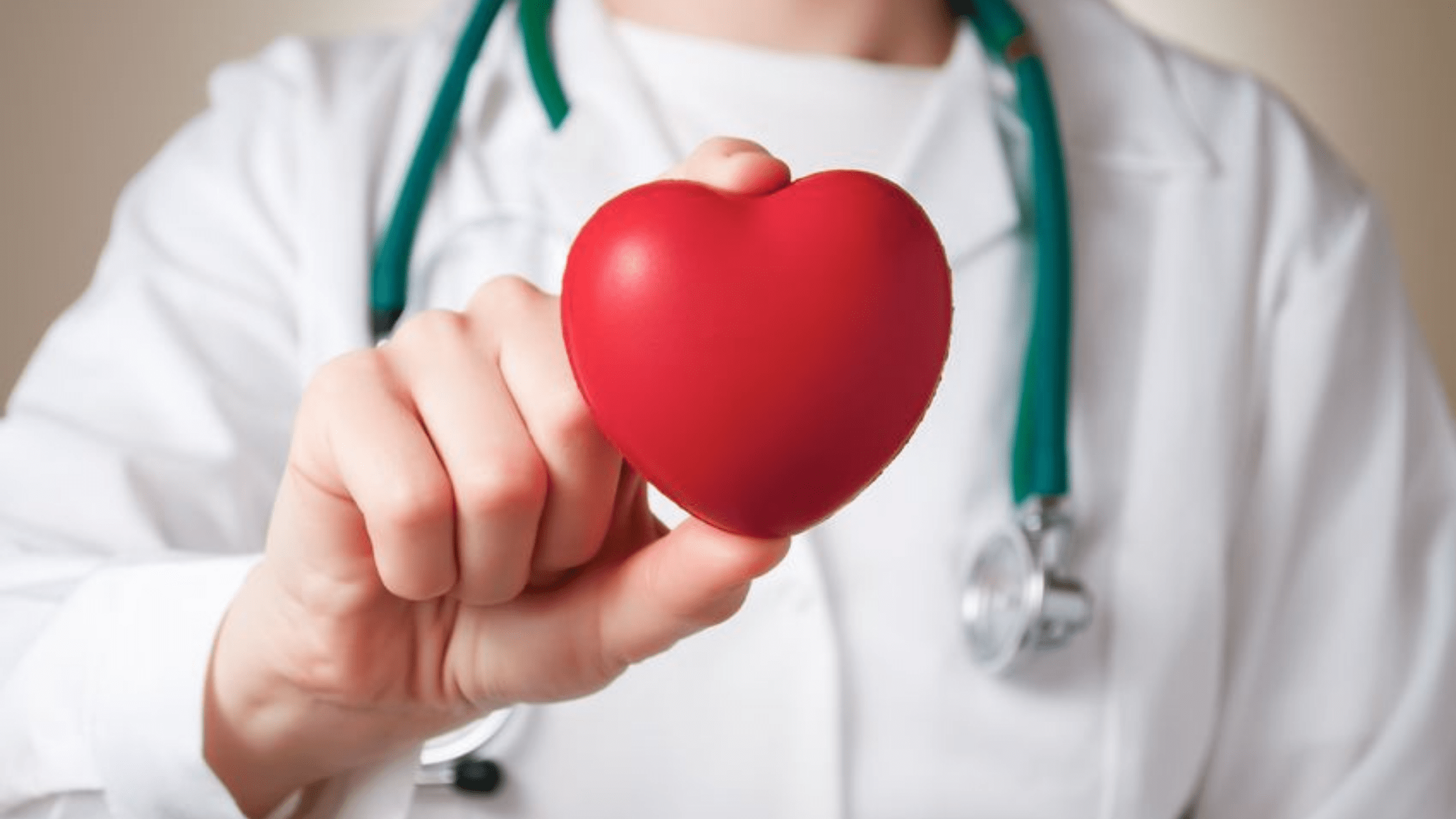What is Heart Failure?
Heart failure is when the heart is unable to pump enough blood to meet the body’s metabolic needs. This is not to be confused with cardiac arrest, which is when the heart stops beating.
Heart failure can be acute or chronic. Acute may be a rapid, short term presentation and chronic means it may continue over the long term. Any self-check observations of symptoms reported to your doctor can help you receive early medical attention and diagnosis before your condition worsens. Often it may be the families of loved ones who have noticed a steady decline in activity levels or signs of heart failure outlined below. If you are unsure, please refer to your doctor for advice.
There are many causes of heart failure ranging from:
- Heart Attacks
- High Blood Pressure (Hypertension)
- Heart Valve Disease (such as Aortic Valve Stenosis, Mitral Valve Disease )
- Cardiomyopathy (Enlarged Heart)
- Arrhythmias (Irregular Heart Rhythms)
- Congenital Heart Defects (such as a Bicuspid Aortic Valve)
- Metabolic Diseases (Diabetes, Thyroid Failure)
- Infection
- Immune response
- Malignancy
- Radiation or Chemotherapy Exposure
- Drug or Alcohol Abuse
What are the symptoms?
Heart failure issues can often be confused with other health conditions or simply dismissed as a part of aging. It is therefore vital you share all symptoms with your doctor. Discuss any changes you notice and do not minimalise or ignore your symptoms.
The symptoms caused by heart failure:
- Symptoms due to cardiac arrhythmias. These symptoms may include palpitations, lightheadedness and loss of consciousness (Syncope). When the heart rate is too fast or slow due to an arrhythmia, patients may develop signs of heart failure, related to the abnormal heart rate. Notify your doctor if you are concerned that your heart rate may be abnormal and they will consider what tests may be required.
- Symptoms due to fluid overload. This is when the heart pumps less efficiently than normal and blood may “backflow” into the lungs or “pool” in your legs. Symptoms may range from leg swelling to shortness of breath and cough due to increased levels of fluid in these areas. Weight gain may also be attributed to heart failure.
- Symptoms due to reduced cardiac pumping. During stages of heart failure the heart’s pumping action can be decreased significantly. These dangerous symptoms include shortness of breath, lethargy, fatigue as well as swelling in the legs as mentioned above. Some patients may develop chest pain when they are exercising, this may stop once the activity is also stopped. If this occurs please phone 000 or contact your doctor. Many patients stop doing the things they enjoy in life, such as walking to the shops, mowing the year to stop the “symptoms” from occurring. If you or your loved one has symptoms mentioned above, see your doctor and discuss the symptoms you may have.
Here are 5 possible symptoms of heart failure to share with your doctor. When in doubt, call 000.
- Shortness of breath doing everyday activities. If you experience this, heart failure could be causing fluid to build up in the lungs.
- Swollen feet or ankles. Shoes could be uncomfortable or tight due to fluid building up.
- Exhausted to do activities you usually enjoy. Due to heart failure, it may be difficult for the body to get the oxygen it needs.
- Propped up by pillows. Due to heart failure, it may be difficult to lie flat due to fluid build-up in the lungs (Orthopnea).
- Persistent coughing. May be due to a build-up of fluid in the lungs, leading to a persistent cough.
The treatment of heart failure depends on things such as your symptoms, your lifestyle and other medical conditions. Treatment options may include:
- Lifestyle modification
- Medication
- Pacemaker or defibrillator (also known as Cardiac Resynchronisation Therapy – CRT)
- A surgical procedure to address valve disease if present
- Ventricular assist device (Mechanical Heart)
- Heart transplant (if indicated)
Whatever your treatment, monitor and share symptoms with your doctor and follow any given advice.
By Raelene Dal Santo
and edited by Shane Bassett, Clinical Content Director, Connect The Docs, RN/BN/CCRN
To complete a quick heart check questionnaire, click here and share it with your doctor.
All information contained in this article has been derived from Hope For Hearts, cardiac resource centre.
To find a General Practitioner (GP) or a Cardiologist near you, visit www.hopeforhearts.com.au/specialists

